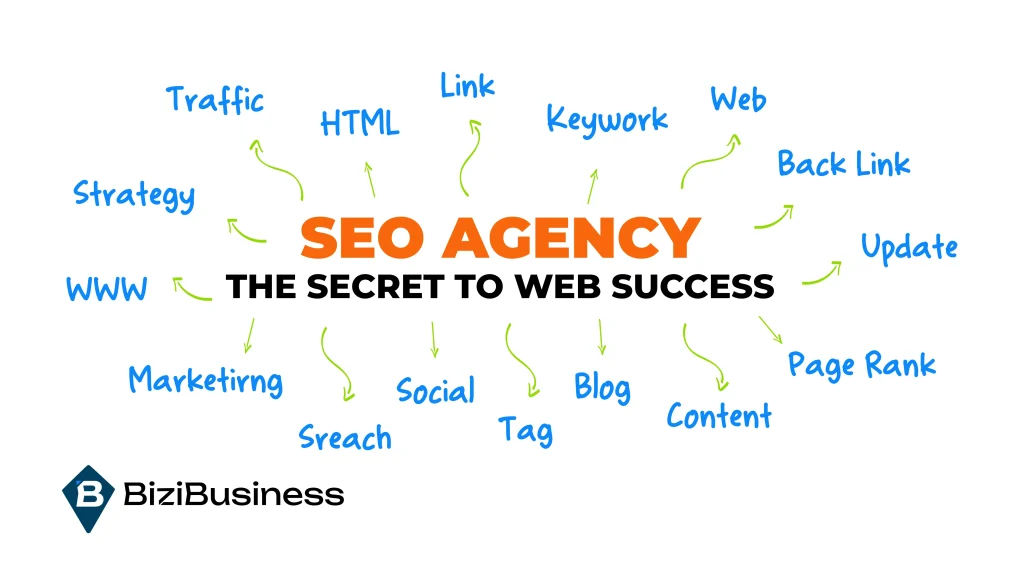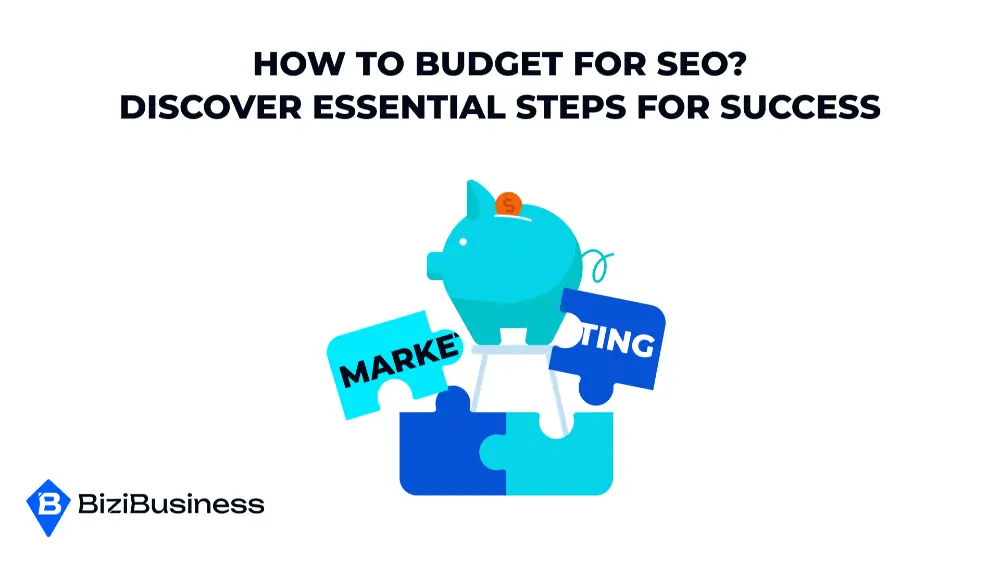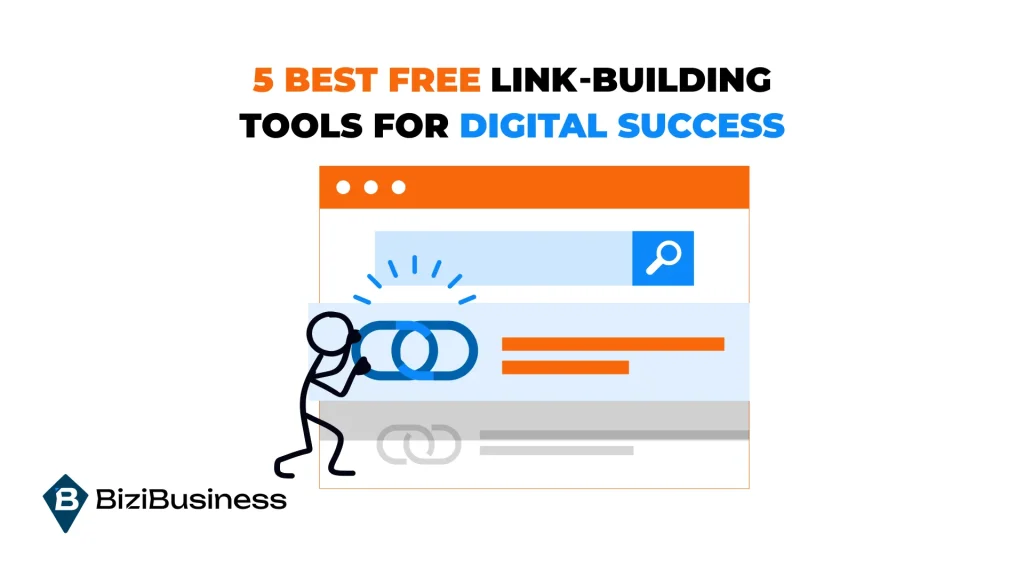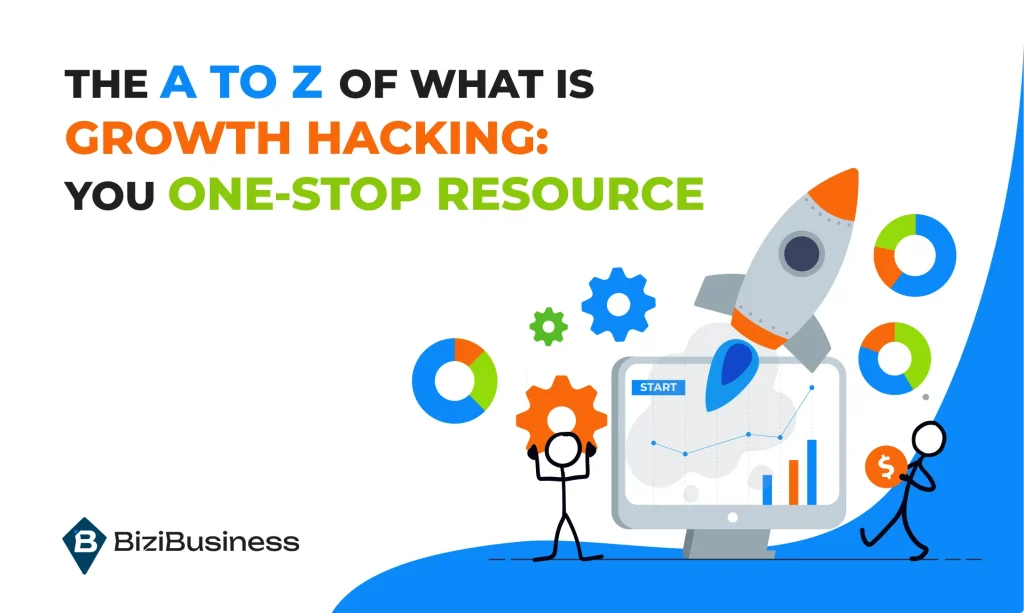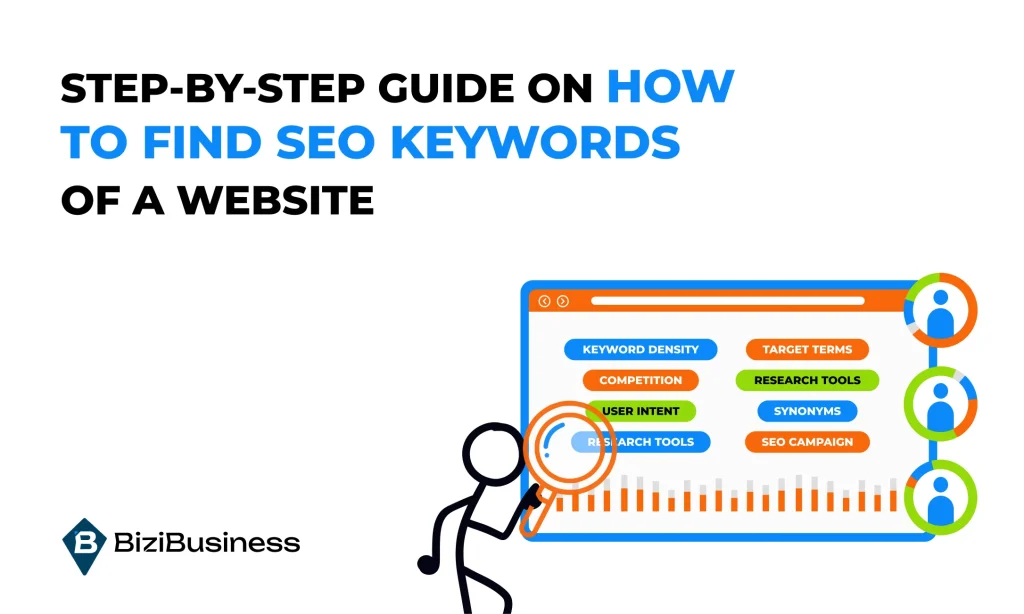BiziTopics
Master Technical SEO to Boost Site Performance and Rankings
BiziBusiness
Oct 25, 2024
Ever wondered why some websites rank higher even when the content is similar?
The secret often lies in Technical SEO. It’s the base of a well-optimized website, affecting how search engines crawl and index your pages. While regular SEO focuses on content, technical SEO ensures your website runs smoothly for both users and search engines.
Let’s explore the key elements.
Optimize Website Speed And Performance

Nobody likes a slow website. Fast-loading pages keep users happy and search engines pleased. Here’s how to improve your site speed:
- Compress images to reduce load time.
- Leverage browser caching to store resources locally for faster load times.
- Minimize JavaScript and CSS files to reduce unnecessary code and for faster page loads.
Use tools like Google PageSpeed Insights or GTmetrix to assess your site’s speed and pinpoint areas for improvement. A faster site means better rankings and happier visitors.
Ensure Mobile-Friendliness

Your site has to work perfectly on mobile. Why? Most people visit websites on their phones, and Google knows it. That’s why they use mobile-first indexing. If your site doesn’t look good or work properly on mobile, you will lose visitors and rankings.
Here’s how to make your site mobile-ready:
- Use responsive design so your site adjusts automatically to fit any screen size.
- Check for issues with Google’s Mobile-Friendly Test. It’ll show you exactly where your site needs improvement.
- Fix things like small text, cramped buttons, or layouts that require users to zoom in.
A smooth mobile experience keeps visitors happy and keeps Google happy too.
Optimize URL Structure And Site Architecture

Search engines love clean, logical website structures.
A clean and logical URL structure helps both users and search engines navigate your site more effectively.
Here are some pointers:
- Use short, descriptive URLs that include relevant keywords.
- Set up a simple hierarchy for your site’s pages so everything flows logically.
- Link related pages to guide visitors and help search engines find your content.
This makes it easier for search engines to navigate your site and for users to find what they’re looking for.
Implement SSL and HTTPS
Security matters, both for your visitors and your rankings. Google counts it as a ranking factor, so it’s non-negotiable for modern websites.
Here’s what you need to do:
- Get an SSL certificate to secure your site and encrypt data.
- Most hosting providers offer this as part of their plans.
- Switch to HTTPS if you haven’t already. It’s safer, builds trust, and gives your rankings a boost.
A secure site shows users you care about their safety, and that goes a long way.
Fix Crawl Errors And Use XML Sitemaps

Search engines need to access all your important pages to rank them properly. If they hit a dead end (a crawl error), it’s like handing them a broken map. Those pages won’t show up in search results, which means lost traffic for you.
Here’s what to do:
- Use Google Search Console to find crawl errors. It’ll flag any pages that search engines can’t access.
- Fix broken links, missing pages, or server issues to get everything back on track.
- Create an XML sitemap. This is like a roadmap for search engines. It shows them all the important pages on your site and helps them crawl everything properly.
- Submit your sitemap to Google. You can do this through Google Search Console. It’s an easy step that ensures search engines know exactly where to look.
Think of crawl errors like potholes on a road. Fixing them makes the path smooth, so search engines can navigate your site without any hiccups.
Wrap up
Technical SEO might seem like a lot of work, but it’s the backbone of a successful website. By focusing on these technical aspects, you’re making it easier for search engines and users to access and enjoy your site.
Remember to perform regular audits and updates. Search engine standards change, and keeping up ensures your site stays at the top of its game.
FURTHER READING
Subscribe to Newsletter
Unlock your creativity and stay up to date on marketing tips
